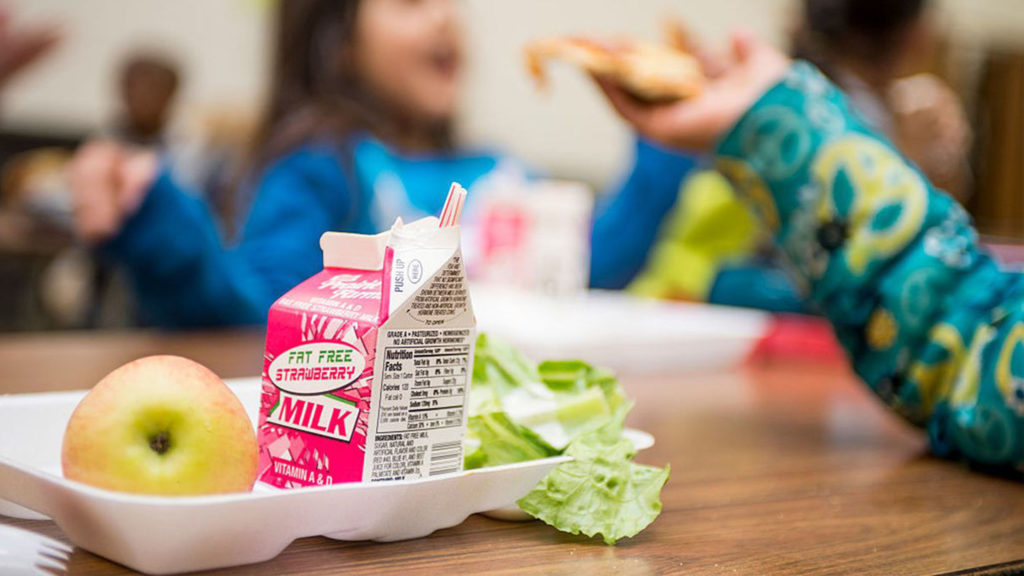Looking after the LAC pupil in class!

Every school at some point, may have a ‘looked-after-child’ (LAC) student. These are children who are probably some of the most vulnerable children you will deal with as a teacher.
They are children, under the age of 18, whose circumstances are so complex and difficult, that the local authority has taken over the parental role.
It is them that make key decisions regarding the child’s emotional, physical and academic well-being in consultation with a whole host of agencies including the foster carers.
Looked after children are usually put in care because there is evidence of serious safeguarding concerns for the child or their family.
It can be a really difficult and scary time for these children and often they can feel overwhelmed and powerless with what is happening and there is an enormous amount of meetings required when there are child protection issues with families.
“You are probably their biggest advocate and the person who sees them every day other than their foster carer.”
As a teacher, you are not usually privy to the very detailed reports that are sent and neither will you need to attend the many TACs, (Team around the Child Meetings) or TAFs (Team around Families) or LAC review meetings. These are where information is shared by the relevant agencies working with the child and their family.
The people who attend these meetings usually include the children’s social worker and the designated safeguarding lead from the child’s school. If there are siblings involved, there will be a lead representative from each school. The school nurse and any other personnel relevant to the children or their parents will be involved.

LAC pupils are also part of the virtual school’s department of the local authority and they will also be involved in monitoring the child’s progress. Each child in care will have a personal education plan (PEP) whereby action plans are created in conjunction with the school the child attends so that they succeed academically.
In addition, LAC pupils get a LAC premium which is ring fenced and spent on their needs. This could be used to pay for residential trips, Maths and English tutors, music lessons or whatever the child needs.
Unfortunately, nationally, LAC pupils don’t do as well as other children and statistics show that by the end of KS4, many are still without the relevant GCSEs.
In order to succeed in life, all children, regardless of what back ground they come from, need to make sure they have Maths and English GCSEs and it is our job to make it happen whether we are teachers in Reception, KS1 , KS2 or in secondary school. It is imperative to ensure that these children have quality first teaching at every stage of their learning!
As a teacher:
- Try to engage with the foster carers on a weekly basis and check what information they can share with you. They will be able to give you, on a need to know basis, information about the child such as whether they are sleeping and eating properly. Poor sleep and eating habits can impact on learning and can lead to behaviour issues as a result. Think about ways you can preempt this. It may be having a designated time for you or your TA to have a chat or the child can keep a diary to help him or her discuss things with you.
- In addition, a good foster carer will inform you if something has happened or something that has occurred at contact with their birth family or if it has been cancelled. This can really upset a child and can ruin the whole week if the child is not supported carefully.
- Share the child’s targets with the foster carer. Don’t wait for the PEP meeting. Every day is key and these children must do well regardless of what is happening.
- Make observations and keep a close eye on how they are doing academically, physically and emotionally. Check whether they are eating properly or if they are tired. Your safeguarding role is central to your job as a teacher and you may have key information that helps the child.
- Ensure interventions are set up if they need extra support with learning or other skills they need to be successful.
- Check with the children if they need support with their learning especially homework. If they have moved placements or are with a new social worker, it might be the last thing on their mind to do. Or they may feel shy in asking their new foster carer for help. You may need to arrange for homework to be done in school with a trusted adult they feel comfortable with.
There has been many of my Monday mornings or days spent with devastated children sitting in my office where they have either been let down or have not been able to see birth family members for some reason or another.

- Check how the LAC premium is being used. You may not be the designated lead for safeguarding or a senior leader, but make sure your recommendations for the child are heard as you know the child the best. Most schools now have a LAC champion who will liaise with teachers on how to best support the child.
- Get to know the child. Sometimes, there is so much change in their lives they are fearful of losing their identity. Find out their interests and encourage them to pursue them.
- Make detailed transition notes if the children move to a new teacher or to a new school. Effective transitions ensure there is minimal loss to the child both emotionally and academically.
- Take pictures of them and share them with the child’s foster carer. These memories will give the child a sense of belonging and they will have some ownership of the lives.
- Make extra copies of letters, reports or information so that the foster carer can share these with the social worker and can also share at contact if they are permitted.
Putting a child or children into care is a decision that is not taken lightly. Usually, social workers have to do extensive investigative work and meet with the local authority legal planning teams to see if a care order is needed.
In order for a child to go into care, court proceedings are involved and the decision is made based on the evidence found. Court guardians and advocates are appointed so that they can support children so that their voices and opinions are heard.
As the child’s teacher, you are probably the most consistent person to that child and possibly one of the most important advocates in their lives. You will see them every day and will hopefully know them well and influence them for the better.
Many LAC pupils have placement changes or have a change of foster carer or social workers or there are changes in the contact they have with their birth family. – Such changes all sometimes happen within a short period of time. This can be unsettling and can hinder their progress.
By giving them effective support timely and appropriately as a teacher, such children, no matter who they are, deserve to succeed and can succeed!








Responses